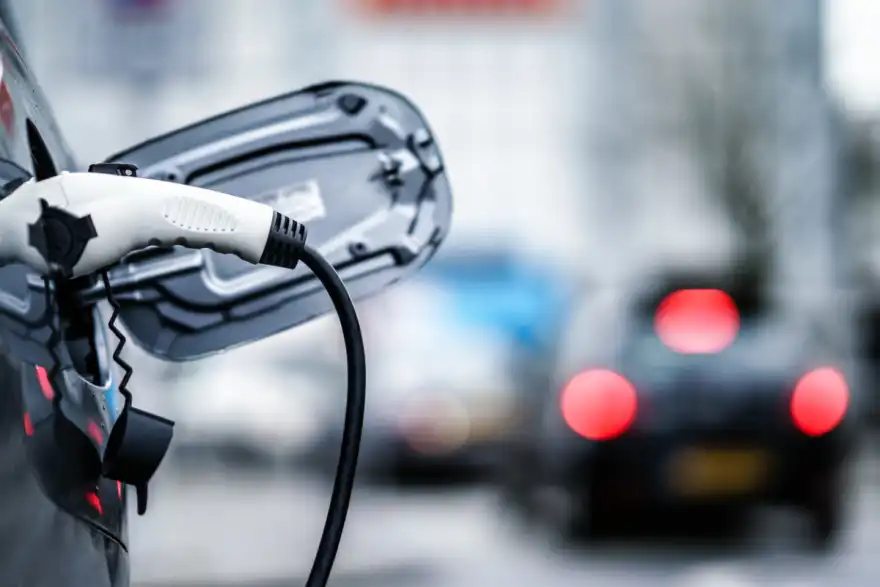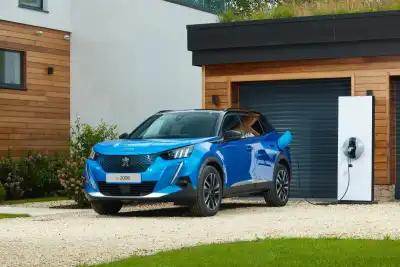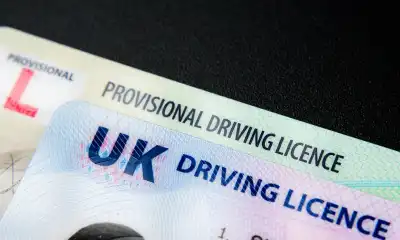
If you’ve been unfortunate enough to have an insurance renewal in recent months, you’ll have likely clocked the steep increases in price.
Insurance premiums are now at the highest ever recorded, according to the Association of British Insurers, with the average premium paid in the second quarter of 2023 being £511 – 21 per cent higher than the same period the previous year. Some have seen insurance costs surge far more than that, however.
Rising costs of car insurance have brought more focus to electric cars, which have had much negative publicity in recent months, and speculation of steep premiums for EVs.
But is that actually the case, and are electric cars actually more to insure than petrol and diesel vehicles? To get a definitive answer, we went to the experts at Compare the Market to find out. Let’s investigate.
Are electric cars more expensive to insure than a petrol or diesel?
Compare the Market gave us access to their latest data from September 2023, based on tens of thousands of people looking for quotes through the comparison site.
For the majority of months in the past year, electric cars have been more expensive to insure than a petrol or diesel. In September 2023, the average annual insurance premium for an EV was £880, compared to £830 for diesel vehicles and £852 for petrol cars. Of course, this data is based on thousands of quotes, with the most expensive EVs being grouped together with the most affordable.
Why are electric cars more expensive to insure than a regular car?
Electric cars are generally more expensive than a petrol or diesel, and there are several reasons for that. We spoke to Julie Daniels, a motor insurance expert at Compare the Market, to ask why.
The first reason, Daniels says, is the more expensive purchase price and replacement if anything happens. An electric Jaguar I-Pace for example, starts at £69,995, but a petrol or diesel Jaguar F-Pace of a similar size starts from £48,770.
It’s not just the cost of replacements but also repairs to them, with the batteries being particularly costly. Daniels said: “The rapid rise in inflation may likely be applying pressures on the cost of spare parts, energy and hiring specialist mechanics, which in turn could be driving up repair costs for electric vehicles.’
What are the most expensive electric cars to insure?
If you’re looking for affordable electric car insurance, it could be worth skipping the more premium brands, which are largely the most expensive.
Up at the top as the most expensive electric vehicle to insure is Porsche, with an average £1,695 quote. Behind is Tesla with a £1,331 sum and then in third is Lotus, with a £1,331 bill.
We also asked about petrol and diesel cars. The most expensive petrol cars to insure were Lamborghini (£3,665), followed by McLaren (£2,742) and Rolls-Royce (£2,217).
As for diesel, Bentley (£3,623) was up at the top, followed by Cadillac (£1,873) and Maserati (£1,570).
How can I reduce my electric car insurance?
If you’re looking to reduce your electric car, the same methods apply to if you were looking at a petrol and diesel car. The best bit of advice is to shop around, and ultimately never accept the renewal figure given.
You should look at an insurance comparison website, which can give you a range of quick quotes to see if you could get it cheaper elsewhere. Just be careful that your details entered are correct and the cover is to the level you require. According to Compare the Market, motorists could save up to £561 simply by using a comparison website.
By making sure your mileage is correct and not overestimated is a good idea too, though you should never underestimate it either as it could lead it to be invalidated as it’s fraudulent. Paying upfront for insurance can also make it cheaper, while you could look at black box insurance if you really want to bring your premium down.
Further measures include increasing voluntary excess (the amount you’ll pay if you need to make a claim), while adding a named driver to the policy can make a big difference for younger motorists.




